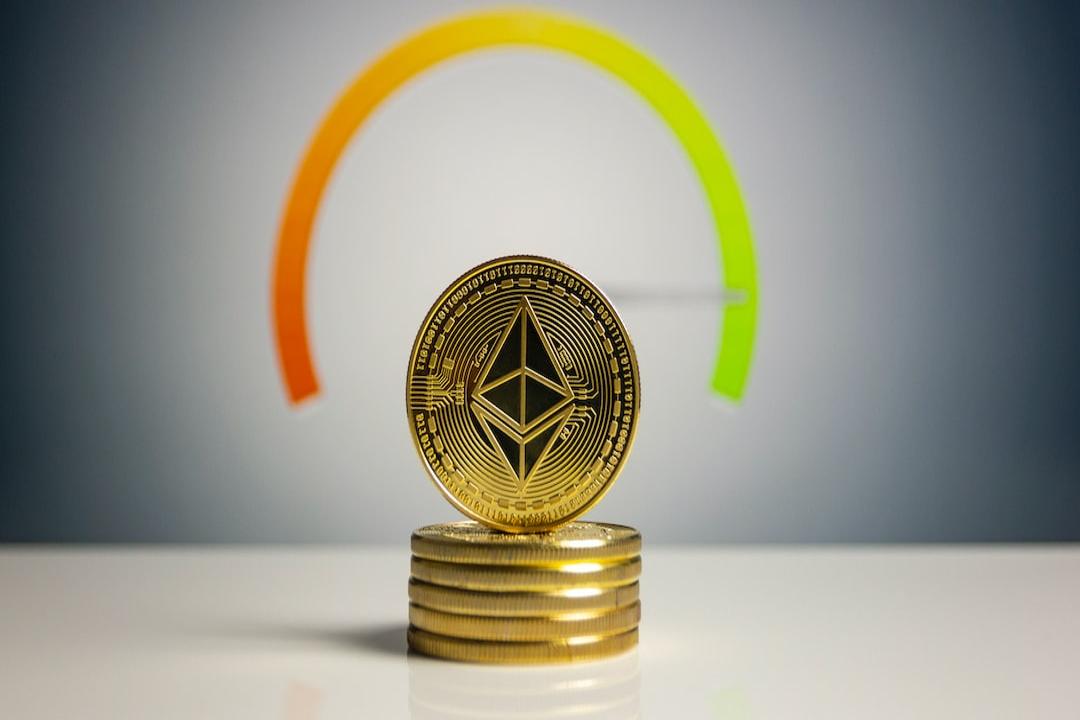Venezuela’s Utilization of Digital Currency to Face Stricter Regulatory Scrutiny
Experts caution that Venezuela’s probable transition to digital currency requires more stringent regulations.
The development arises as Venezuela’s state oil company, PDVSA, intensifies its use of digital currency for the exportation of crude oil and fuel, as reported by Reuters. This decision comes after the Biden administration refused to renew a license that had eased restrictions, ultimately resulting in the reimposition of sanctions on Venezuela’s oil industry.
In response, Venezuelan opposition politician Leopoldo Lopez and Chainalysis director Kristofer Doucette presented a comprehensive report on Monday, urging democratic governments to take action. The report provided detailed information on financial transactions that have taken place since the inauguration of Venezuelan President Nicolas Maduro.
The report emphasized the need for government initiatives to counter “Maduro’s attempts to exploit cryptocurrency to transfer illicit proceeds into the international financial system.”
Venezuela Turns to Digital Currency to Circumvent Oil Sanctions
Since last year, PDVSA has reportedly been quietly increasing its use of digital currency, particularly relying on Tether (USDT) for oil sales to avoid having their accounts frozen by US oil sanctions.
Maduro previously indicated that there are countries interested in conducting business with Venezuela, but they would only be willing to do so if they could use digital currency to bypass the traditional financial system.
The report also highlighted that other autocratic leaders facing international sanctions, such as those in Iran and Russia, have launched their own cryptocurrency programs. These programs allegedly serve as a means to evade financial systems that rely on US dollars or Euros, which are vulnerable to sanctions.
Global Efforts Required to Block Crypto Lifeline for Sanctioned Regimes
Lopez and Doucette issued a strong call to action for Western governments, particularly the US. They emphasized the need to close the cryptocurrency loophole that autocratic regimes are exploiting in order to preserve the effectiveness of sanctions.
Furthermore, the report stressed the necessity for a global endeavor that involves collaboration with new cryptocurrency platforms, enlisting them as key players. The objective would be to ensure that these platforms keep autocrats out of the new financial system.
Financial institutions and cryptocurrency exchanges were also singled out in the report for their role in combating the Maduro regime. To sever their access, these institutions must establish robust safeguards to prevent the regime from transferring, laundering, or concealing its assets within the global financial system.


